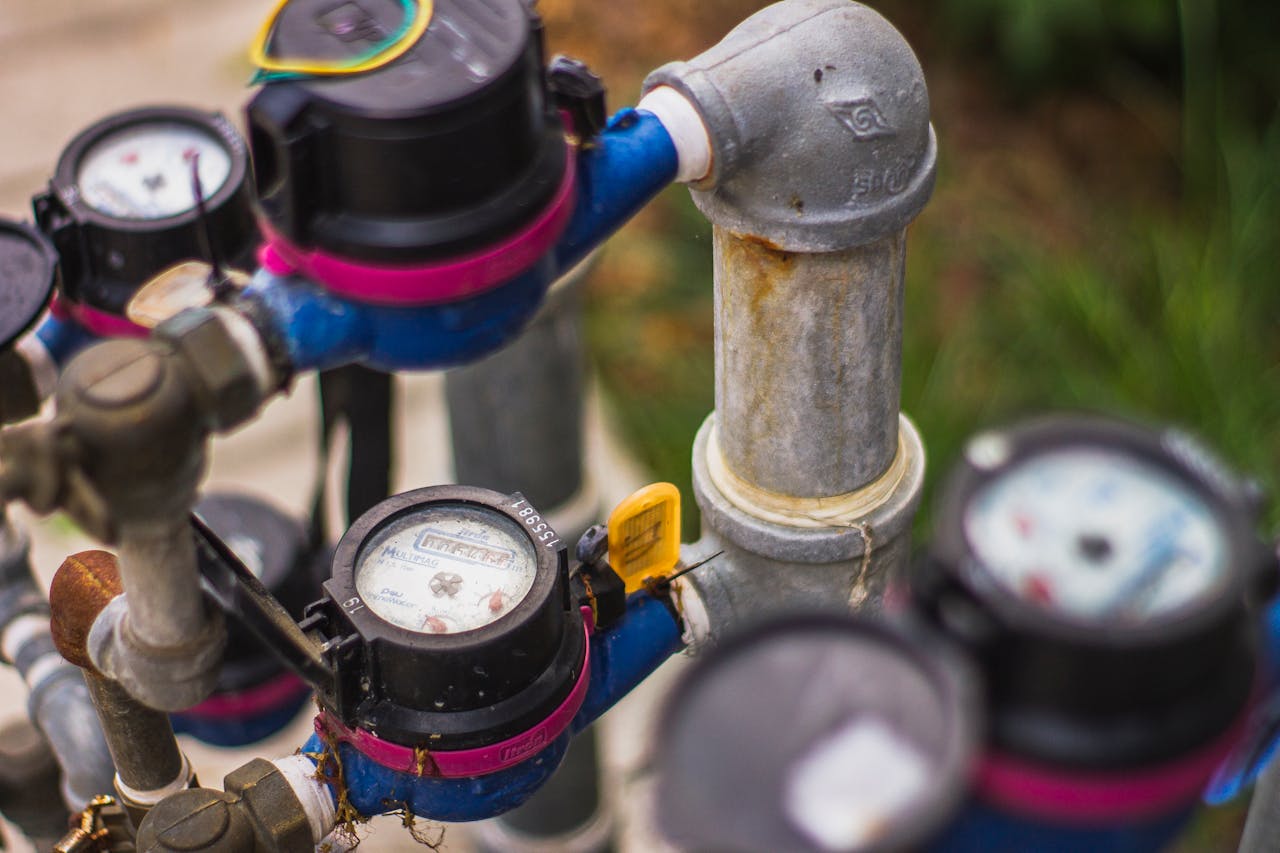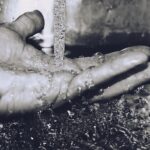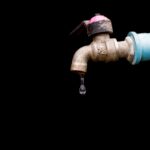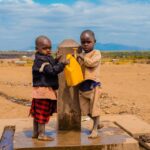Vocational Training and Clean Water: Empowering Communities with New Skills

Water is life, but for millions around the world, clean water remains a distant dream. A lot of people still wake up every day worried about where their next drink will come from or whether the water they use might make them sick. This is the harsh reality for many communities struggling with water challenges.
But there’s hope. What if we could do more than just provide water? What if we could teach people to solve their water problems? This is where vocational training becomes a game changer. It’s not just about giving people a fish, but teaching them how to build, maintain, and improve the entire fishing system.
Communities have incredible potential. With the right skills and knowledge, people can transform their futures. Vocational training in water management isn’t just about technical know-how. It’s about dignity, independence, and real change.
The Global Water Crisis
The numbers are staggering. Billions of people worldwide struggle to access safe drinking water. That’s almost a third of the planet living without something most of us take for granted. In rural areas and developing regions, the challenge is even more critical.
Water, besides drinking, impacts everything – health, education, and economic opportunities. Children miss school because they’re collecting water. Families spend hours each day just trying to find clean water. Diseases spread through contaminated water sources rob communities of their potential.
Think about the basic things we use water for: drinking, cooking, washing, and growing food. Now imagine how hard life becomes when that water is dirty or simply not there. It’s more than an inconvenience, it’s a fundamental barrier to human progress.
Vocational Training as a Pathway to Water Infrastructure
Skills are the real superpower of community development. Vocational training equips locals to become technicians who can design, build, and maintain water systems. It’s about creating experts right where they’re needed most.
For locals to be able to:
• Test water quality
• Repair water pumps
• Design simple filtration systems
• Understand water treatment techniques
• Maintain community water infrastructure
This becomes a sigh of relief for the community, and it is so because, aside from just acquiring technical skills, the people have been given tools to solve their problems. A local technician who knows how to fix a water pump means the community doesn’t have to wait for outside help. A trained water quality expert can protect their entire community’s health.
The beauty of this approach is its ripple effect. One trained person can teach others. One fixed water system can transform an entire community’s future. Breaking cycles of dependency and building lasting solutions from within is achieved.
Community-Based Water Management Models
Real change happens when communities take the lead. Imagine local teams working together, managing their water resources like a well-coordinated team. These community-led models are powerful because they tap into local knowledge and create a sense of shared ownership.
Typically, these management groups include people from all walks of life: farmers, teachers, local business owners, and community leaders. They’re trained to make decisions about water infrastructure, handle maintenance, and manage resources fairly. It’s democracy in action, but for water.
These teams do more than just fix pipes. They create systems that work for everyone. They decide how to distribute water, fund repairs, and keep the water sources clean. It’s not about outsiders coming in with solutions, but local people becoming their own problem-solvers.
Case Study
Let’s take a look at a real-world impact.
Rwamburi: A Community-Driven Water Solution
In the semi-arid region of Southwestern Kenya, the Rwamburi community demonstrates the power of local initiative and strategic financing in solving water challenges. By 2021, the community had repeatedly struggled with failed boreholes and was forced to walk up to four miles to collect water from rivers and ponds.
The turning point came when the community formed the Rwamburi Water Project committee in late 2021. With just 1,350 Kenya Shillings (approximately $9) in their community account, they took a bold step. Through a partnership with Family Bank courtesy of water.org, they secured a loan to purchase a new pump for their existing borehole.
Key Achievements:
• Provided water to 300 households
• Supplied water to community schools, hospitals, and government facilities
• Created a sustainable water management model
• Reduced water collection time drastically
• Established a community-led repayment system
The project’s success hinged on three critical elements:
1. Community leadership
2. Strategic financial support
3. Local decision-making power
One Mr. John was elected by the community as chairman of the committee to manage the project alongside seven other community members who became the driving force behind this transformation. By working with local financial institutions, they turned a seemingly impossible challenge into a sustainable solution.
As Celina, the Family Bank branch manager, noted, the project significantly reduced the distance women and children had to walk for water, fundamentally changing daily life in Rwamburi.
This case study illustrates a powerful truth: when communities are given the right resources, support, and training, they can solve their most pressing challenges.
Skills Training Approach
Effective training is beyond just technical know-how. It’s about creating a comprehensive learning experience that empowers people from the ground up.
The best programs use a mix of approaches:
• Hands-on practical training
• Classroom learning
• Apprenticeship opportunities
• Collaboration with local technical schools
• Partnerships with NGOs and government agencies
The curriculum typically covers a wide range of skills:
• Basic water system design
• Pipe installation and repair
• Water quality testing
• Simple engineering principles
• Basic business skills for maintaining community services
What makes these programs special is their flexibility. They’re not one-size-fits-all. Instead, they’re tailored to specific community needs. In a desert region, the focus might be on water conservation. In a coastal area, it might be about managing saltwater intrusion.
The goal is always the same: give people the skills to solve their own water challenges. It’s about creating local experts who understand their environment better than any outside consultant ever could.
These training programs are more than just skill-building. They’re about hope. They’re about giving communities the tools to write their own success stories.
Economic Empowerment and Social Impact
Vocational training in water management isn’t just about fixing pipes, it’s about creating opportunities. When local people gain technical skills, entire communities transform.
Young people find meaningful work. Women who were previously excluded from technical roles now become community leaders. A trained water technician can earn a steady income, supporting their family and inspiring others.
These skills create a domino effect:
• Job creation in infrastructure maintenance
• Increased local economic opportunities
• Reduced dependency on external aid
• Improved community health and resilience
Challenges and Considerations
No transformation comes without obstacles. Funding remains a critical challenge. Many communities lack the resources to start comprehensive training programs.
Cultural barriers can also slow progress:
• Resistance to new technical roles
• Traditional gender expectations
• Limited educational infrastructure
• Skepticism about community-led solutions
Sustainability requires a long-term commitment. Training programs must adapt, evolve, and remain responsive to changing community needs.
Future Outlook
Technology offers exciting possibilities: mobile apps for water system monitoring, advanced filtration techniques, and remote training platforms that can reach isolated communities.
The future looks promising:
• Increased global awareness
• More targeted funding
• Advanced training technologies
• Growing recognition of community-driven solutions
We’re moving toward a world where every community can manage its own water resources, where technical skills become the bridge between challenge and opportunity.
Technology and Innovation in Water Management
Digital technologies are revolutionizing water infrastructure. Smart sensors can now detect water quality in real time. Mobile applications help communities track water usage and maintenance needs.
Key technological advances include:
• IoT-enabled water monitoring systems
• Low-cost water testing technologies
• Solar-powered water purification devices
• Predictive maintenance algorithms
Global Partnerships and Collaborative Approaches
Success requires collaboration. Governments, NGOs, technical institutions, and local communities must work together.
Effective partnerships focus on:
• Sharing best practices
• Pooling technical resources
• Developing scalable training models
• Creating flexible funding mechanisms
These collaborative efforts break down traditional barriers, allowing knowledge and resources to flow more freely between different regions and organizations.
Environmental Sustainability and Water Conservation
Water management goes beyond infrastructure. It’s about protecting our planet’s most precious resource. Vocational training plays a crucial role in developing sustainable water practices.
Key focus areas:
• Rainwater harvesting techniques
• Groundwater recharge methods
• Ecosystem-friendly water management
• Climate resilience strategies
Trained professionals become environmental stewards, understanding the delicate balance between human needs and ecological preservation.
Public Health and Community Wellness
Clean water is the foundation of community health. Vocational training directly impacts public health outcomes by creating local experts who understand water-related health risks.
Training covers:
• Water-borne disease prevention
• Best sanitation practices
• Community health education
• Water quality monitoring
By empowering local technicians, communities gain the ability to protect themselves from water-related health challenges, reducing medical costs and improving overall quality of life.
Conclusion
The journey of vocational training in water management is more than a technical solution, it’s a human story of transformation. We’ve seen how skills, knowledge, and community commitment can turn water challenges into opportunities for growth and development.
This approach represents a fundamental shift in how we think about infrastructure and community support. It’s not about delivering services from the outside, but enabling communities to become architects of their own future.
The power of this model lies in its simplicity and sustainability. By investing in people – their skills, knowledge, and potential – we create lasting change. A trained technician doesn’t just fix a water system; they inspire their community, create economic opportunities, and protect public health.
Key takeaways:
• Skills are more powerful than temporary solutions
• Local expertise drives sustainable development
• Water access is a fundamental human right
• Community-led approaches create lasting impact
• Technology and training can transform lives
Looking ahead, the potential is boundless. Every community trained, every water system maintained, and every young person given a technical skill represents hope. We won’t just be solving water problems; we will be building resilient, self-sufficient communities capable of addressing their own challenges.
The future belongs to those who invest in human potential. When we give our support to vocational training in water management, we’re providing water as well as unleashing human potential, one community at a time.
This is more than infrastructure development. This is human empowerment in its purest form.
There would be no need for vocational training in water management if there was access to (clean) water in the first place. That is why Aqua Maya has embarked on this journey to provide access to clean water for communities in West Africa who need it most. You, too, can be a part of this cause. Visit Aqua Maya today to learn more.
Sources
2. https://www.unicef.org/wca/stories/easy-access-water-promotes-school-attendance-nigeria






